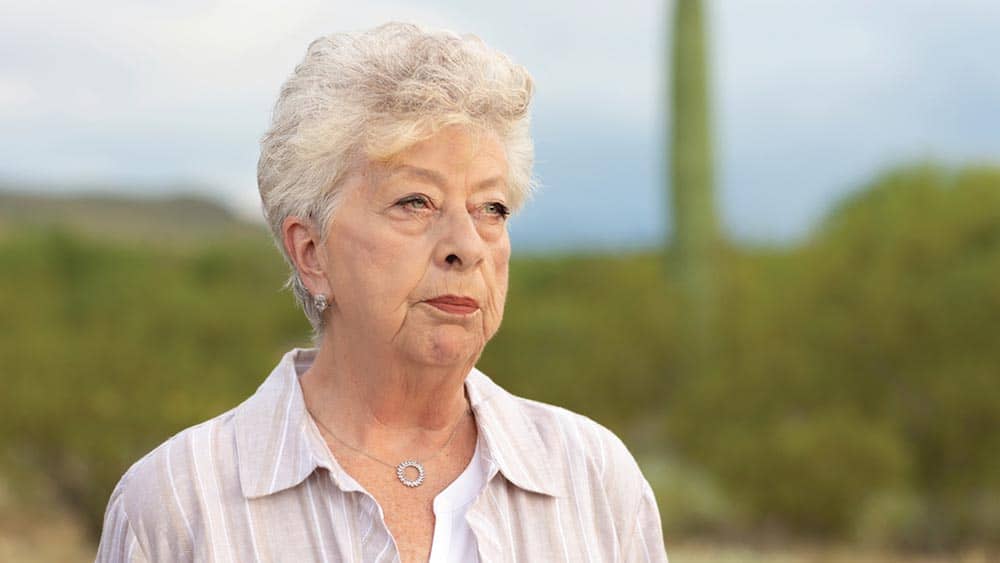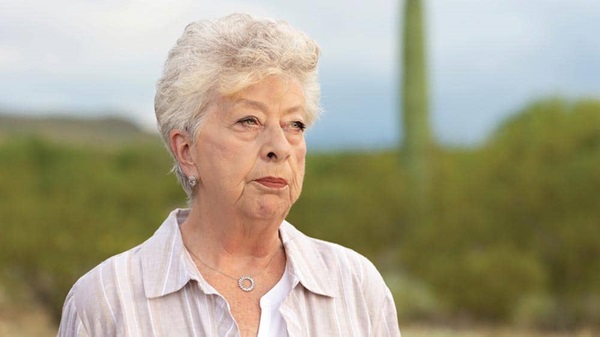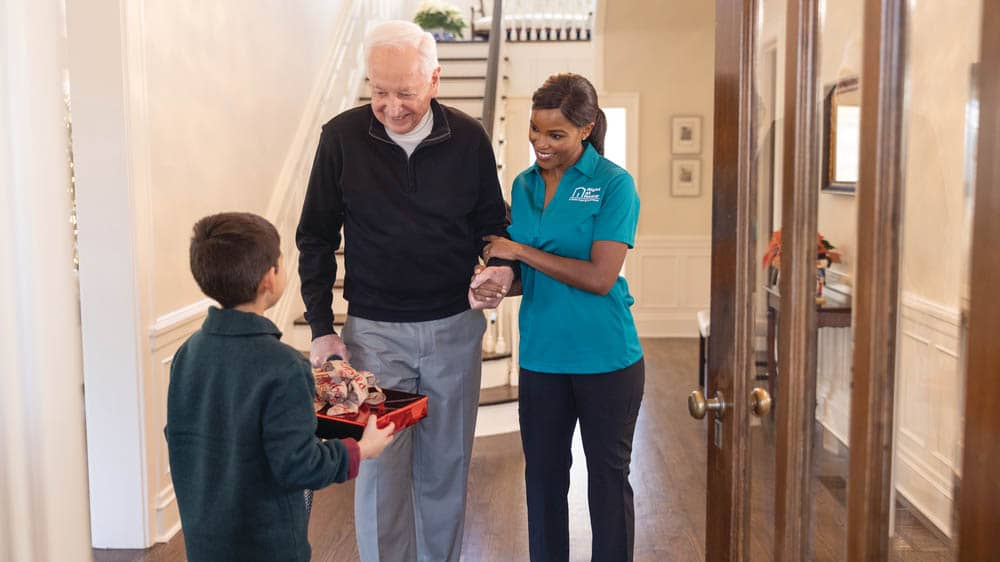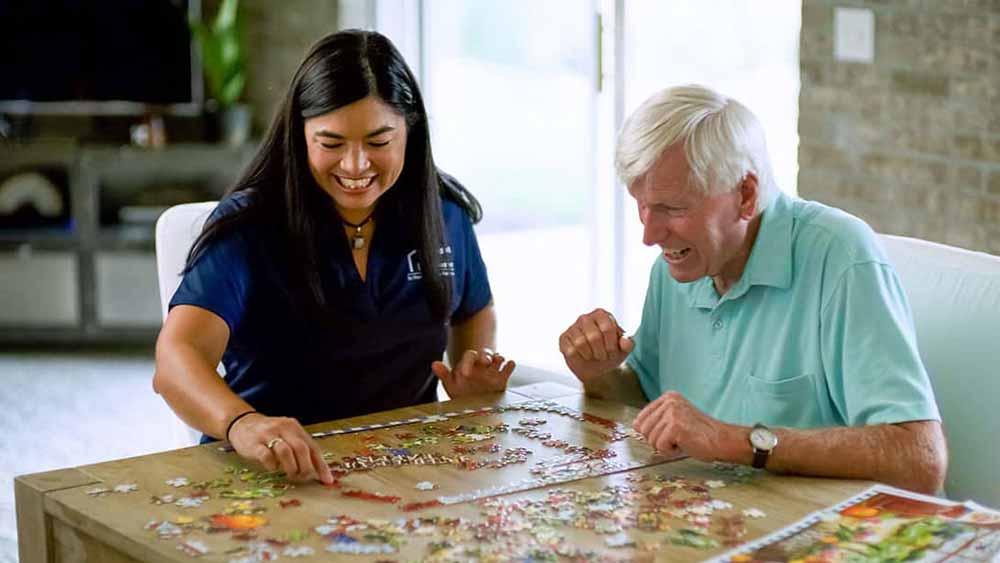

Dementia-Related Anger in Seniors
Tips for Caregivers
A recent study by Columbia University Irving Medical Center found that 1 in 10 older Americans has dementia. While we may all be familiar with the more commonly associated changes, such as forgetfulness, wandering, inability to recognize loved ones and friends, and poor hygiene, one of the hardest behaviors to cope with is anger and aggression.
Not All With Dementia Will Display Anger and Aggression
While not all people with dementia will display anger and aggressive behaviors, according to the National Institutes of Health, agitation has been reported in 60% of patients with mild cognitive impairment and 76% of patients with Alzheimer’s disease. Anger and aggression typically occurs in the middle to later stages of the disease. Caring for individuals with anger and aggressive behaviors is not only challenging and exhausting but often frightening. Angry and aggressive behaviors include:
- Throwing items
- Swearing
- Raising their voice, yelling, and screaming
- Kicking, pushing, hitting, and spitting
- Physically attacking their caregivers, family, and friends
Defining Angry and Aggressive Behavior
Although all causes of anger and aggression are unpredictable in people with dementia, many include the following:
- Confusion/paranoia – They are unable to recognize people and places, causing them to feel threatened.
- Misunderstandings – They have difficulty understanding what others are saying, causing them to become frustrated or misinterpret what is being said.
- Loud noises – Because they do not understand the source of loud noise, such as thunder, sirens, or horns honking, they become frightened and lash out.
- Delusions – Because they don’t recognize others, they become delusional and react aggressively.
- Hallucinations – They experience hallucinations, including the feeling of insects crawling on them, seeing loved ones and friends who are dead, and so on.
- Physical problems – They often experience physical problems, perhaps because they are in pain, reacting to medications, hungry, or lacking sleep.
Responding to Anger and Aggression
The Alzheimer’s Association recommends identifying the cause of the dementia-related behavior and, when possible, determining how to avoid it in the future. Suggestions for how to respond when aggression and anger occur include the following:
- Think about what happened right before the reaction that may have triggered the behavior.
- Try to rule out any pain that may have triggered the aggressive behavior.
- Rather than focusing on specific details, consider the person’s emotions. Look for the feelings behind the words or actions.
- Although it’s hard, try to be positive and reassuring in a soft tone of voice.
- Examine the person’s surroundings. Are there things distracting them?
- Use music, massage, or exercise to help soothe the person.
- The immediate situation or activity may have unintentionally caused the aggressive response. Try something different.
- If the person is in a safe environment and you could leave them briefly, walk away and take a moment for yourself.
- Make sure you and the person are safe. If the person is unable to calm down, seek assistance from others. Always call 911 in emergencies. If you do call 911, make sure to tell emergency responders that the person has dementia, which causes them to act aggressively.
An In-Depth Look at Dementia
If you are a caregiver or family member of a person with dementia, Right at Home offers a free, downloadable Dementia and Cognitive Change Guide to help you on the journey. Subjects covered include:
- The five most common causes of dementia.
- Right at Home’s approach to caring for someone with dementia.
- How dementia can impact families and relationships.
- Key focus areas when caring for a loved one with dementia.
- Nutrition and dining guidance.
- Communication challenges and tips.
- Questions to ask when hiring a caregiver.
Taking Care of the Family Caregiver
Caring for someone with dementia can be physically and mentally exhausting. Although their care is a priority, you can’t care for them if you don’t take care of yourself. Right at Home recommends the following:
- Take care of your own health – Get enough sleep and eat a healthy, balanced diet. Set aside some time regularly to get exercise. Keep preventive medical care appointments.
- Give yourself a break – Enlist other family members for assistance on a regular basis. Ask them to help by running errands or providing transportation to medical appointments. If you don’t have relatives nearby, consider seeking respite care from a professional in-home care agency such as Right at Home.
- Check out resources in your community – Various organizations offer many resources. The AARP, Alzheimer’s Association, and Family Caregiver Alliance are excellent organizations to consult for resources.
Talk to an Aging Expert
Right at Home offers a wide range of in-home senior care services. To speak to a Right at Home aging expert in your area, use our office locator to find the location nearest you.
Interested in receiving monthly tips, information, and advice about the aging journey? Sign up for our Caring Right at Home e-newsletter.







